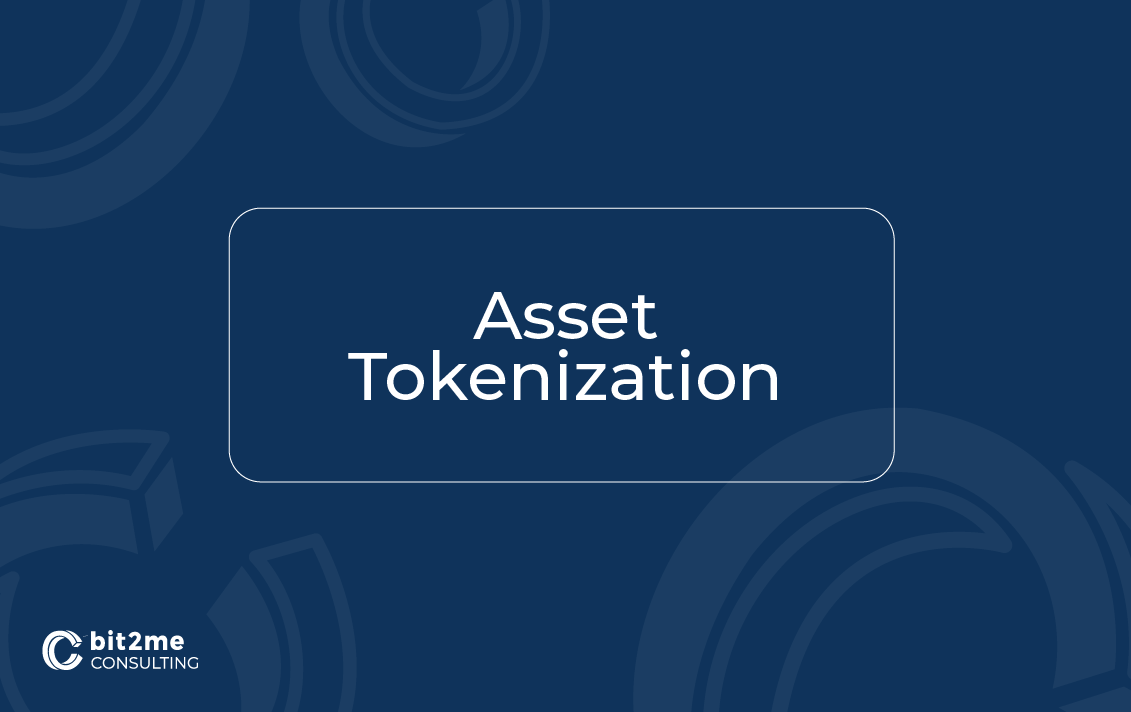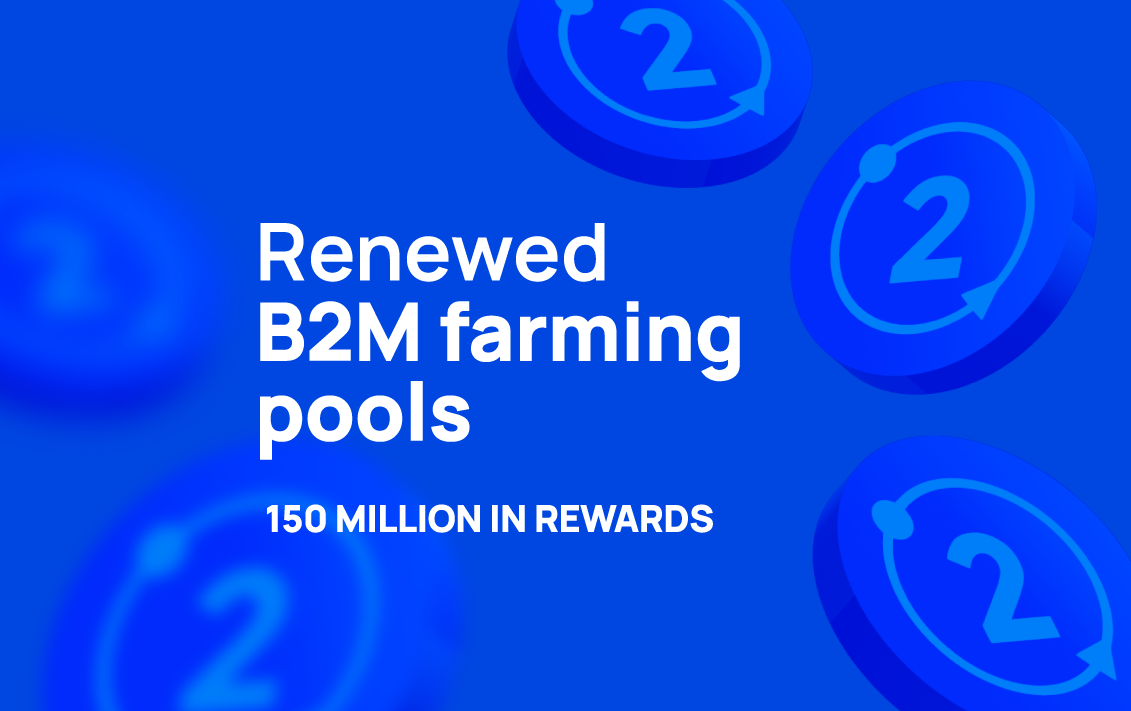If you have a company and want to position yourself as a leader in your industry, considering the implementation of decentralized technologies in your business will make a difference. We give you tips to tokenize your company with Bit2Me Consulting and be able to open your company to the world, without time or space limitations, helping you to get more customers and investors.
It is possible to tokenize all kinds of elements: from shares to assets or debts. By tokenizing your company's assets, there will be much less bureaucracy when putting them on the market, you will have greater liquidity and the governance of the assets will be simplified, since the "tokenholders" will become actors with decision-making capacity at different levels.
In addition, asset tokenization will bring transparency and security to your company, making it more flexible and improving its ability to adapt to the constant changes taking place in today's markets.
.
The tokenization of assets will also allow your company to reduce the barriers to market entry for investors and buyers interested in your business by making it possible to convert a real asset into many parts, which will take the form of tokens that can be acquired by anyone.
Also, with tokenization, your company's liquid assets will be digitized, making this type of investment much more accessible and positioning your business as a secure company adapted to the latest market trends. It will also bring interoperability, efficiency and transparency to your company, while reducing operating costs.
Asset tokenization increases the speed and frequency of transactions, and thanks to this technology and blockchain technology it is possible to buy and sell assets directly and without intermediaries, making it easy to save on the costs associated with these transactions. Apart from the costs, with this technology the transfer times of these assets are also reduced, since in the blockchain they can be completed in a few seconds.
Benefits of asset tokenization for companies in different industries
Asset tokenization is the way in which a real-world asset, both tangible and intangible, is digitized and gradually divided into smaller parts, which will take the form of tokens. In this way, a token is a representation of something else, a digitized asset in the case of companies. This means that the owner of the token holds the ownership or other rights to the tokenized assets. The possibilities for tokenization are endless, as they can implement asset tokenization from real estate-related companies to companies in the art world or financial companies, tokenizing bonds, equity or securities, among others.
In the real estate sector, for example, asset tokenization can mean the creation of a new business and also social model, because it allows the sharing of a property and its rights. In this way, interested parties could acquire tokens of a house located on the beach and for this reason the stay in the house could be divided, which could undoubtedly mean a disruption in this type of sector, because the holders of the tokens could assess whether they want to use the house for themselves or make a profit if they want to rent it when no token owner is using it.
If we talk about the real estate investment arena, fractional ownership allows retail investors to participate in properties they would otherwise not be able to access and at the same time for institutional investors it brings efficiency and speed, thanks to the automation of smart contracts.
The financial sector is another sector that can benefit from asset tokenization. In this type of sector, the implementation of this technology will bring publicity and transparency. In this way, the participants of the operations that take place on the blockchain can have access to all transactions, with traceability being really important for users.
Likewise, tokenization of credit assets also ensures compliance with the highest security standards for all users, completely blocking the possibility that information can be deleted. This technology also provides confidentiality to participants, as it cannot be manipulated.
In this sector, the use of individual tokens can also improve investment strategies because it allows more accurate targeting of all users, based on their location, performance or risk profile. On the other hand, it increases accessibility and liquidity by offering a decentralized system that allows users anywhere in the world to tokenize assets and sell them at any time.
Tokenization of Venture Capital funds, for example, allows investors to track their funds without the need for intermediaries. In this way, Venture Capital fund tokens are fully compliant with financial regulations and at the same time allow investors to buy and sell tokens on the trading platform or over the counter.
In this way, the use of this technology for tokenization can transform the mobilization of these resources, improve transparency between transactions and liquidity, and reduce the costs associated with settlement and clearing.
.
In sectors such as art, asset tokenization means that many more users who are interested in this type of business but do not have a large amount of capital can become part of the sector by making it more accessible by effectively lowering the minimum investment threshold.
Asset tokenization allows small investors who were traditionally left out of the financial market or relied on the traditional financial model to invest in property and assets that were previously inaccessible to them.
By allowing access to fractional ownership of art pieces, artists and galleries can also turn their businesses into much more viable alternatives by adding monetary value, opening up the art world to uncharted territory where the decision makers are the token holders and investors.
There are also intangible assets that cannot be easily converted into cash. Companies in any sector that meet these characteristics can tokenize the assets they offer without this entailing a loss of value at a higher volume of operations, thus generating benefits both for the project and also for investors.
On the other hand, if we talk about the type of company according to its maturity stage, asset tokenization is suitable for SMEs and for large companies in any sector seeking to raise funds through a Security Token Offering, for example. This allows companies to raise funds while offering their investors liquid assets that can be sold to buyers anywhere in the world.
Similarly, Startups looking to raise rounds of funding can also benefit from asset tokenization by quickly solving the main problem that these types of companies often have in finding funding early, as investors do not have to wait for a liquidity event.
In conclusion, all types of companies can be highly benefited at all levels by the tokenization of assets, creating new business models and optimizing existing ones thanks to blockchain technology and all the implications it already has and can have for the business sector.

 Author
Author


